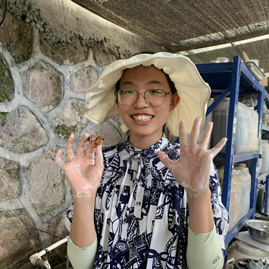
People
Tatsuya Amano
As a conservation scientist, Tatsuya is working on understanding changes in global biodiversity and providing scientific evidence for its conservation. Through his work and his background as a conservation scientist originally from Japan, he has increasingly been interested in, and is committed to, unveiling the importance of overcoming cultural barriers in environmental sciences. This has driven him to launch the translatE project in 2019, which aims to understand language barriers in conservation and more broadly in science. Tatsuya is currently a UQ Amplify Senior Lecturer based at the School of the Environment and the Deputy Director in Research at the Centre for Biodiversity and Conservation Science, The University of Queensland, Australia.
See his profile at: UQ website / Google Scholar / ORCID / Twitter
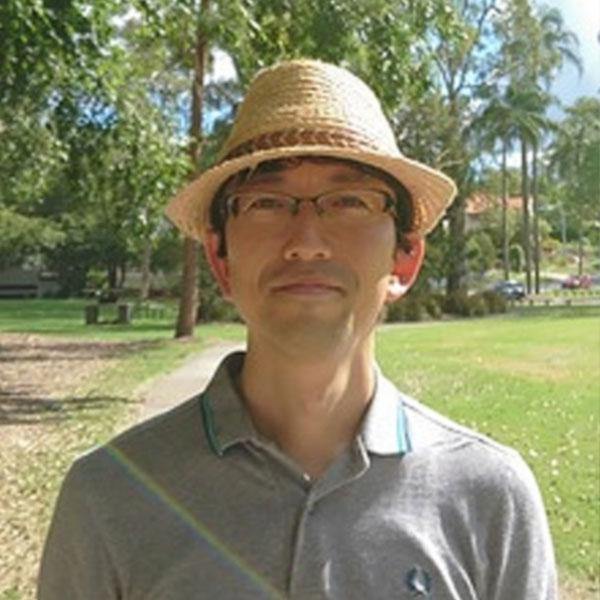
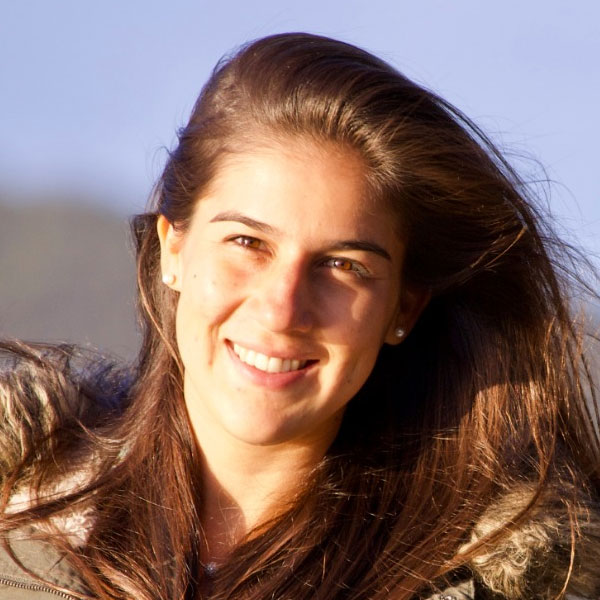
Violeta Berdejo-Espinola
Violeta is an interdisciplinary scientist seeking to better understand the interplay of social and environmental sciences with a special focus in both, biodiversity conservation and social justice. Through her previous work and experience outside her home country, Violeta became interested in better understanding language barriers in socio-environmental sciences and she is currently a Postdoctoral Research Fellow in multilingual evidence synthesis, working on multilingual literature searches with global collaboration as well as the use of text classifiers based on machine learning approaches.
See profile at: Google Scholar
Marina Corella Tor
Marina is a PhD student working under the supervision of Dr Tatsuya Amano and Prof Richard Fuller. After working as a Research Assistant in the Fuller Lab for the last two years, they are very excited to turn all that work into a PhD. Marina hopes to uncover the current state of international environmental agreements and legislation around migratory bird protection worldwide. They are also interested in the effect of language barriers on international migratory bird agreements across the world.
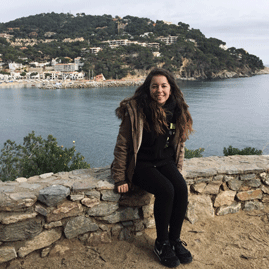

Kelsey Hannah
Kelsey is a PhD Student working under the supervision of Dr Tatsuya Amano. She has an interest in understanding gaps and barriers in implementing conservation science in a way that can promote meaningful improvements. Her research will support the translatE project, focusing on understanding how language barriers can negatively impact the application of science in decision making as well as assessing the importance of non-english conservation science.
Naoki Katayama
Naoki is a researcher seeking a better balance between food production and biodiversity conservation, especially in Asian rice ecosystems. Through his research experience in Japan, he is working on assessing the importance of multilingual scientific evidence for biodiversity conservation in agroecosystems. Naoki is currently a principal investigator at the Institute for Agro-Environmental Sciences, NARO in Japan and a visiting academic at the School of the Environment.
See his profile at: Google Scholar / ORCID / Twitter

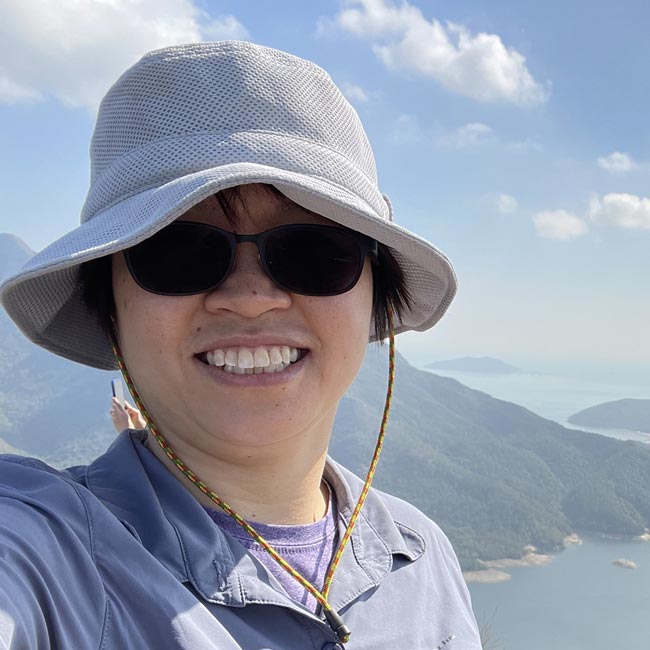
Nga-Yee Lai
Yee is a PhD student studying global and regional waterbirds using global datasets to identify trends and drivers of changes in waterbird distribution, abundance, connectivity between regions and community structures, aiming to provide guidance to better protect waterbirds and inform wetland conservation policy development. She also works with CSIRO and the University of Hong Kong on her PhD project.
Haonan Wei
Haonan has completed her honours project in 2022 under the supervision of Dr Tatsuya Amano, which was about the content analysis of nature documentaries in China. Her childhood experiences, which had been filled with nature documentaries, provided her with vicarious connections to nature and thus drove her to study this subject. She has a strong interest in the role of popular science as an important medium to gain public attention to environmental issues.
